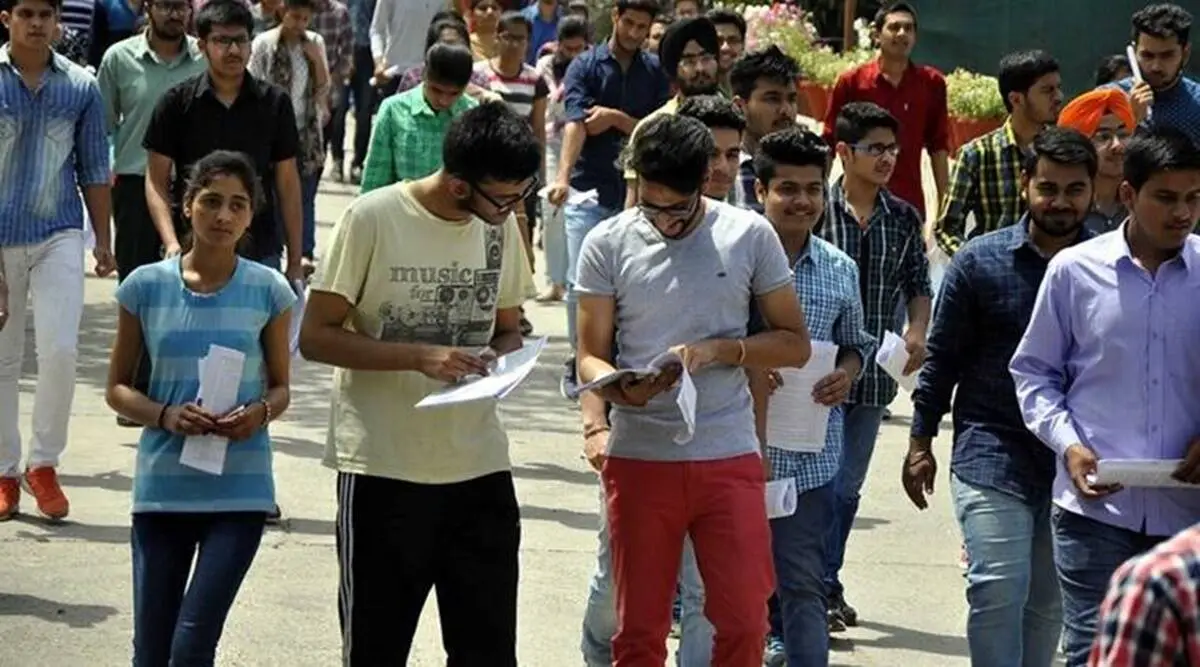Overview of Grace Marks in NEET 2024
The concept of grace marks in the NEET (National Eligibility cum Entrance Test) is an essential aspect for candidates to understand, particularly in the 2024 examination cycle. Grace marks are additional points awarded to candidates under specific conditions, often aimed at addressing fairness and equity in the assessment process. These marks can significantly influence the final results of candidates, potentially affecting their overall ranking and eligibility for medical and dental admissions.
Grace marks are typically granted in response to particular scenarios that may arise during the examination. One of the primary reasons for awarding these marks is the presence of errors in the question papers. These errors can range from typographical mistakes to incorrect answer options. When such issues are identified, the NTA (National Testing Agency) may decide to award grace marks to all candidates to rectify the discrepancy.
Another situation that warrants the allocation of grace marks is the occurrence of ambiguous questions. These are questions for which the correct answer is unclear or debatable, leading to potential confusion among candidates. To ensure that no candidate is disadvantaged due to such ambiguities, grace marks are provided as a compensatory measure.
Technical glitches during the examination process also form a basis for the awarding of grace marks. Instances such as server failures, disruptions in the online examination system, or other technical difficulties can hinder a candidate’s performance. In such cases, the NTA may allocate grace marks to mitigate the impact of these unforeseen technical issues.
The criteria for awarding grace marks are outlined in the official guidelines provided by the NTA. These guidelines ensure transparency and consistency in the allocation process. The NTA has released official statements confirming their commitment to maintaining the integrity of the examination and addressing any discrepancies that may affect candidate performance. The NEET 2024 examination cycle is no exception, with clear protocols in place to handle the awarding of grace marks.
The Right to Information (RTI) inquiry into the grace marks awarded in NEET 2024 has drawn significant attention. The RTI request was filed by an education advocacy group, aiming to ensure transparency and fairness in the examination process. The primary motivation behind the inquiry was to address widespread concerns among students and parents regarding the potential awarding of grace marks, which could influence the overall merit list and subsequently, college admissions.
The RTI inquiry specifically sought detailed information from the National Testing Agency (NTA) on several aspects. Firstly, it requested the exact number of NEET 2024 candidates who received grace marks. Additionally, it sought to determine the amount of grace marks awarded to each candidate, and whether a standardized procedure was followed in the allocation of these marks. The transparency of the process was a crucial point of interest, as stakeholders demanded clarity on how decisions regarding grace marks were made and implemented.
In response to the RTI inquiry, the NTA provided a comprehensive statement. It confirmed that a specific number of candidates had indeed received grace marks in NEET 2024. The NTA detailed the criteria used to award these marks, emphasizing that the process was conducted in a transparent manner, adhering to established guidelines. The agency also disclosed that grace marks were granted to address discrepancies in question papers and to ensure that no candidate was unfairly disadvantaged due to errors beyond their control.
The RTI inquiry and the subsequent response from the NTA have broader implications for the NEET examination process. By bringing such issues to the forefront, the inquiry has underscored the importance of transparency and accountability in high-stakes exams. It has also prompted a dialogue on the need for robust mechanisms to manage examination-related discrepancies, ensuring a fair and equitable assessment for all candidates. Moving forward, continued vigilance and proactive measures will be essential in maintaining the integrity of the NEET examination process.





